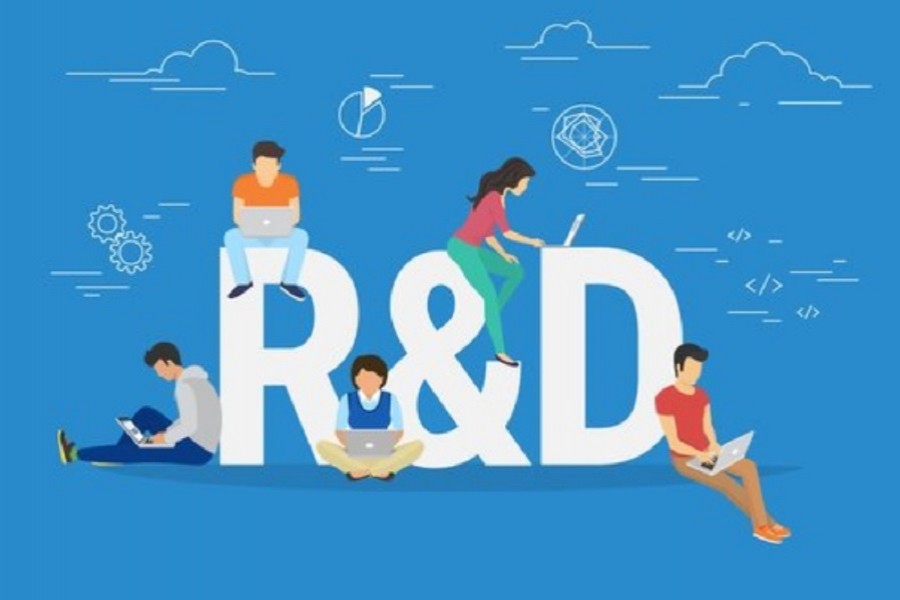
Published :
Updated :

It's not possible to implement all objectives of the national budget, in keeping with all recommendations made by economists, businessmen and other stakeholders. Computing the budget in the light of targeting actual social problems and economic development goals is hardly possible either. Only through transparent management and strategy of the government can genuine efforts be made to solve any social, economic and political problems.
Today, we are blessed with the wealth of information in a variety of forms. Man-made knowledge, science, information and intellectual property (IP) have been essential part of our life, livelihood, society and state system. Even an agrarian Bangladesh, in post-independent period, initiated IP-based mills and factories and trade and commerce. Policies, regulations, and laws have been formulated accordingly.
New knowledge, science, technology and innovation (STI) and IP continued to be more important in our life. Our society and the state became dependent on technology or invention by other countries. So, in order to reduce such dependency, it is imperative for the government of Bangladesh to give importance to building infrastructures for research and development (R&D) through transparent management and strategic changes.
It's R&D which can solve social and economic problems by generating new knowledge, STI, innovation and IP. This requires extensive changes or reforms in education, industry, financial system, trade regime, foreign policy and other policies or laws of the land. Particularly, there is a need for taking innovative initiatives in higher education management.
Life and livelihoods of Bangladeshi people have changed drastically in the past three decades, thanks to improvement in communications and relevant other infrastructures. However, due to lack of updating R&D infrastructure facilities, it has not been possible to ensure proper protection of IP from Bangladesh.
No country in today's world has been able to become a developed country without focusing on R&D. The biggest strength of Bangladesh, in this area, is its talented and hardworking people. So, it's not unlikely that global level IP can be created by using national resources. To ensure maximum industrial and commercial use of IP, the state system needs to be improved by giving importance to R&D infrastructure through transparent management and strategic changes.
Now, R&D can be used in tackling the Covid-19 situation in Bangladesh, by offering solution to health crisis, education or finance. However, the secondary and higher education division of the Ministry of Education and other ministries and agencies need to initiate reforms covering education, industry, finance, trade, foreign policy and legal affairs, for development of culture of R&D.
Major changes can be made in the country's economic development by integrating local R&D resources with, for example, small and medium enterprises (SMEs) elsewhere. Potential PhD students, dedicated scientists and researchers from various science, technology and engineering universities in the country may be offered opportunities. Thus, development and protection of IP can be ensured along with generation of new employment opportunities.
Quality professionals can also be created in the country's R&D industry. Such professionals and researchers, if assigned, may come up with some solutions to the challenges created by the pandemic. Eventually, Bangladesh may get scope to utilise skills and experience of such people in its pursuit of becoming a developed country.
Simultaneously, top business people and associations need to come out of conventional business ideas. We have to change the way of doing business and bring about a change in the thinking process-- the way some developed nations did. Private investment in R&D should be welcomed in the country by changing the mindset of the industry owners and trade practitioners. To ensure maximum commercial utilisation of IP, entrepreneurs need to be integrated into the process. Legal reforms will be required for bringing changes in the relevant fields and making R&D aligned with the national budget.
Md. Abul Kalam Azad is founder and senior partner of Centre for Policy Research, Bangladesh.


 For all latest news, follow The Financial Express Google News channel.
For all latest news, follow The Financial Express Google News channel.